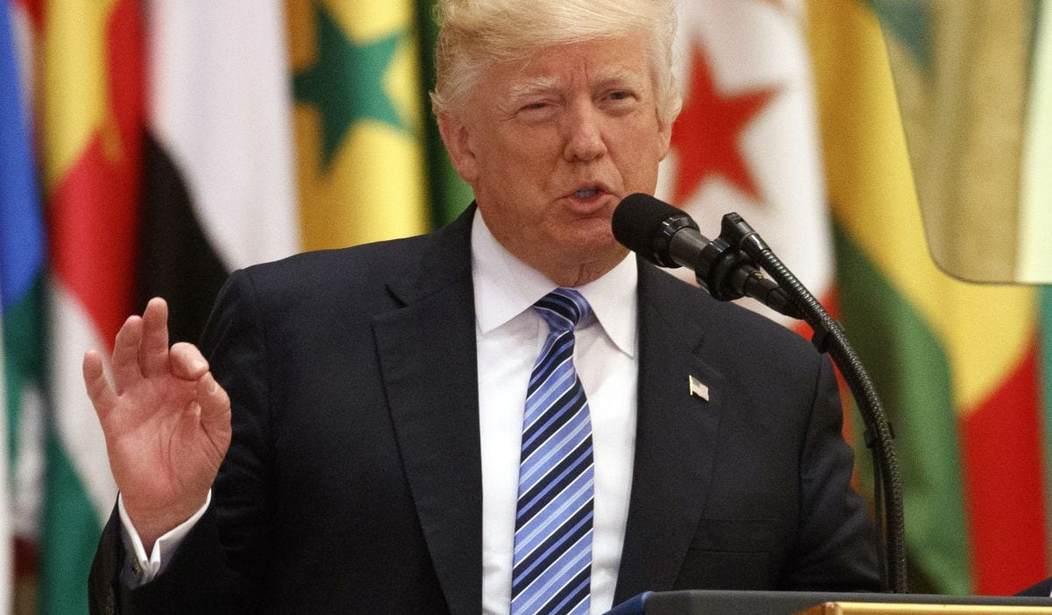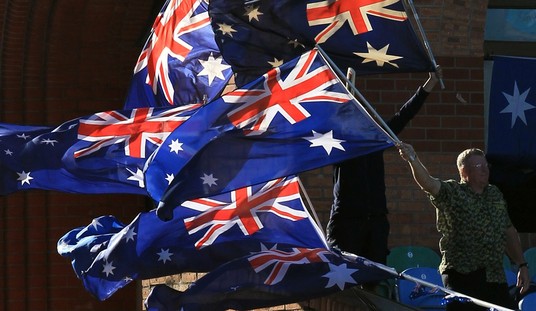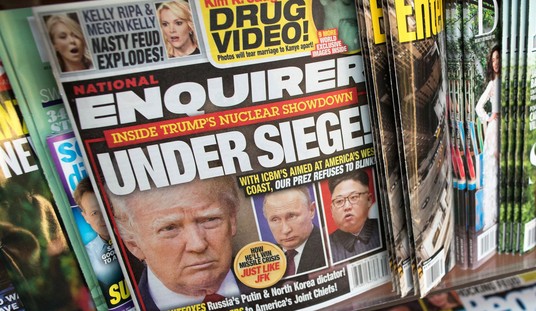President Donald Trump exhorted Arab countries in the Middle East to defeat terrorism and called on people of all faiths to engage in a war of the “forces of good” against evil.
The speech, given in Saudi Arabia at a conference of 50 Arab and Muslim states and the U.S., is a sharp departure from the rhetoric of President Obama.
“We can only overcome this evil if the forces of good are united and strong — and if everyone in this room does their fair share and fulfills their part of the burden,” Trump is expected to say.
He will say that Middle Eastern countries “cannot wait for American power,” but must instead “decide what kind of future they want for themselves, for their countries, and for their children.”
The President’s speech is expected to help him reset his relationship with the Muslim world after he made a slew of Islamophobic remarks on the campaign trail and called for a ban on Muslims entering the United States during the campaign.
Trump has sought to accelerate the fight against ISIS in Iraq and Syria and his outreach signals that Trump understands he needs a more constructive relationship with Muslim countries, particularly those in the Middle East, if he hopes to succeed in his stated goal of destroying ISIS and other terrorist groups.
The major speech, which Trump will deliver Sunday during an Arab-Islamic-American summit in Riyadh to leaders of more than 50 Muslim countries, will mark Trump’s first effort to reach out to the world’s 1.6 billion Muslims worldwide.
Trump is expected to say that he hopes to assemble “a coalition of nations who share the aim of stamping out extremism.”
“Every time a terrorist murders an innocent person, and falsely invokes the name of God, it should be an insult to every person of faith,” Trump will say. “That means honestly confronting the crisis of Islamist extremism and the Islamist terror groups it inspires.”
Delivering the speech here in Saudi Arabia, which is home to Islam’s two holiest sites, Trump will look to push past his campaign rhetoric — including a statement in March 2016 that “Islam hates us” — but will still be dogged by the efforts his administration continues to carry out.
But even as he addresses the Muslim world on Sunday, his administration is continuing to defend the executive order Trump signed to bar visitors from six Muslim-majority countries, which was blocked in US federal court amid criticism that the order is Trump’s attempt to fulfill his campaign promise to ban Muslims from the US.
Trump was careful not to connect the words “Islam” and “terrorism,” but saying “Islamist terrorism” is certainly a far sight better than President Obama’s dance around the issue of religion and terrorism.
He also differed from President Obama in his call for “honestly confronting the crisis” of Islamist extremism, which may not directly connect Islam to terrorism but leaves little doubt as to what his meaning is.
Trump’s visit has been extremely well received in the region, as he has made clear that, unlike President Obama, he sees the regional threat of Iran to the security of Sunni Arab states and wants to assist them in defending themselves against Iranian aggression.
The president had praise for many individual Arab leaders:
Trump’s welcome in the region was put on display during a series of individual meetings with Arab leaders.
He praised Egyptian President Abdel Fattah al-Sisi, telling him, “You have done a tremendous job under trying circumstances.” Trump promised to schedule a trip to Egypt soon, and he singled out the Egyptian’s choice of footwear, a pair of shiny black shoes. “Love your shoes. Boy, those shoes,” he said.
Reinforcing his theme of U.S. economic deals, Trump told Qatar’s Emir Sheikh Tamim Bin Hamad Al-Thani they would discuss “lots of beautiful military equipment because nobody makes it like the United States.”
To Bahrain’s King Hamad bin Isa al-Khalifa, Trump declared that the two nations had a lot in common and “there won’t be strain with this administration.” The king lauded the relationship and said it had led to “great stability in the region and prosperity.”
And in a meeting with the emir of Kuwait, Sabah al-Ahmad al-Sabah, Trump noted Kuwait bought large amounts of U.S. military equipment. The Kuwaiti leader referred to Trump as “my brother.”
Trump’s next stop will be Israel on Monday. He will also visit the Vatican, Brussels, and Sicily.









Join the conversation as a VIP Member